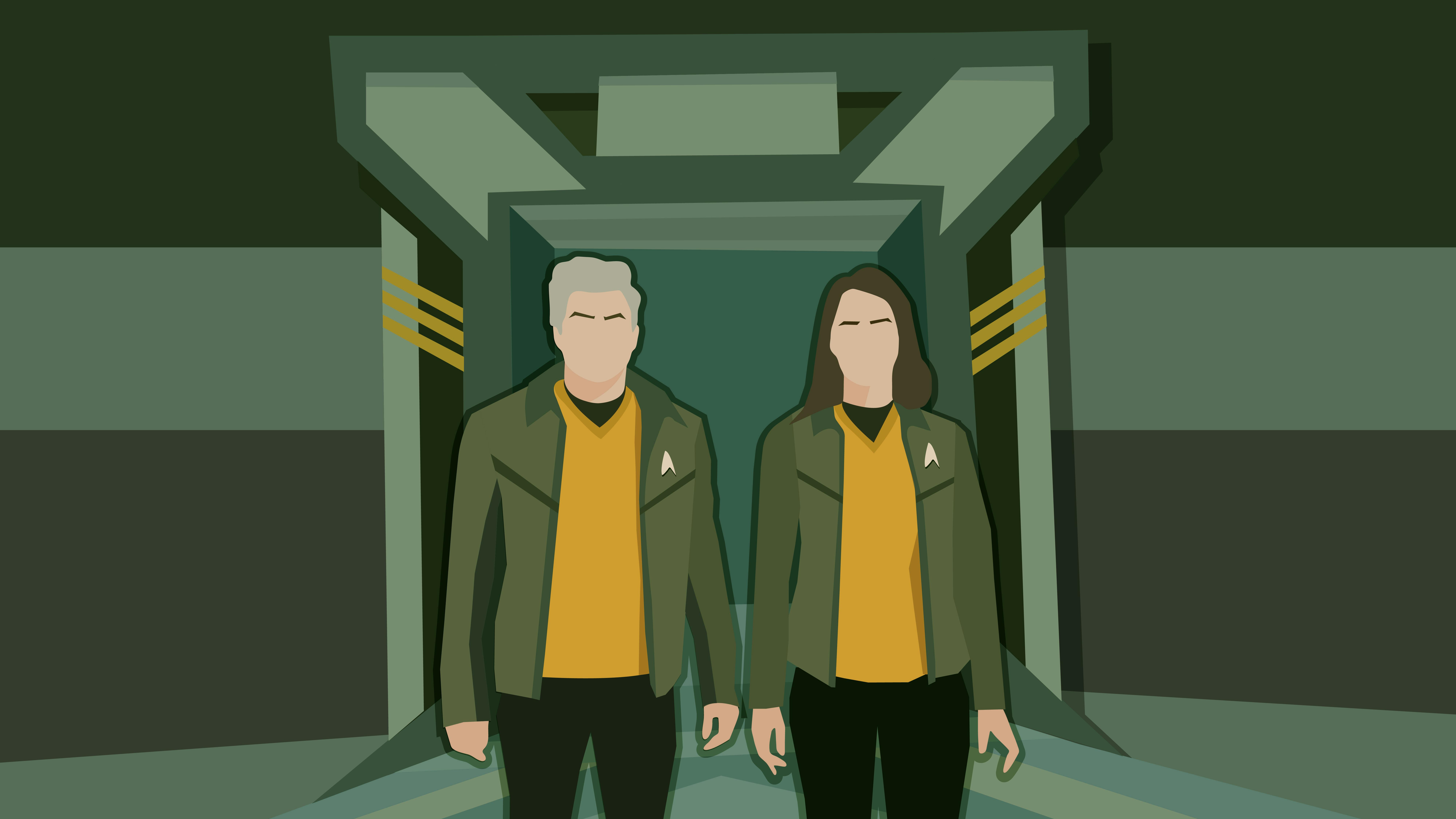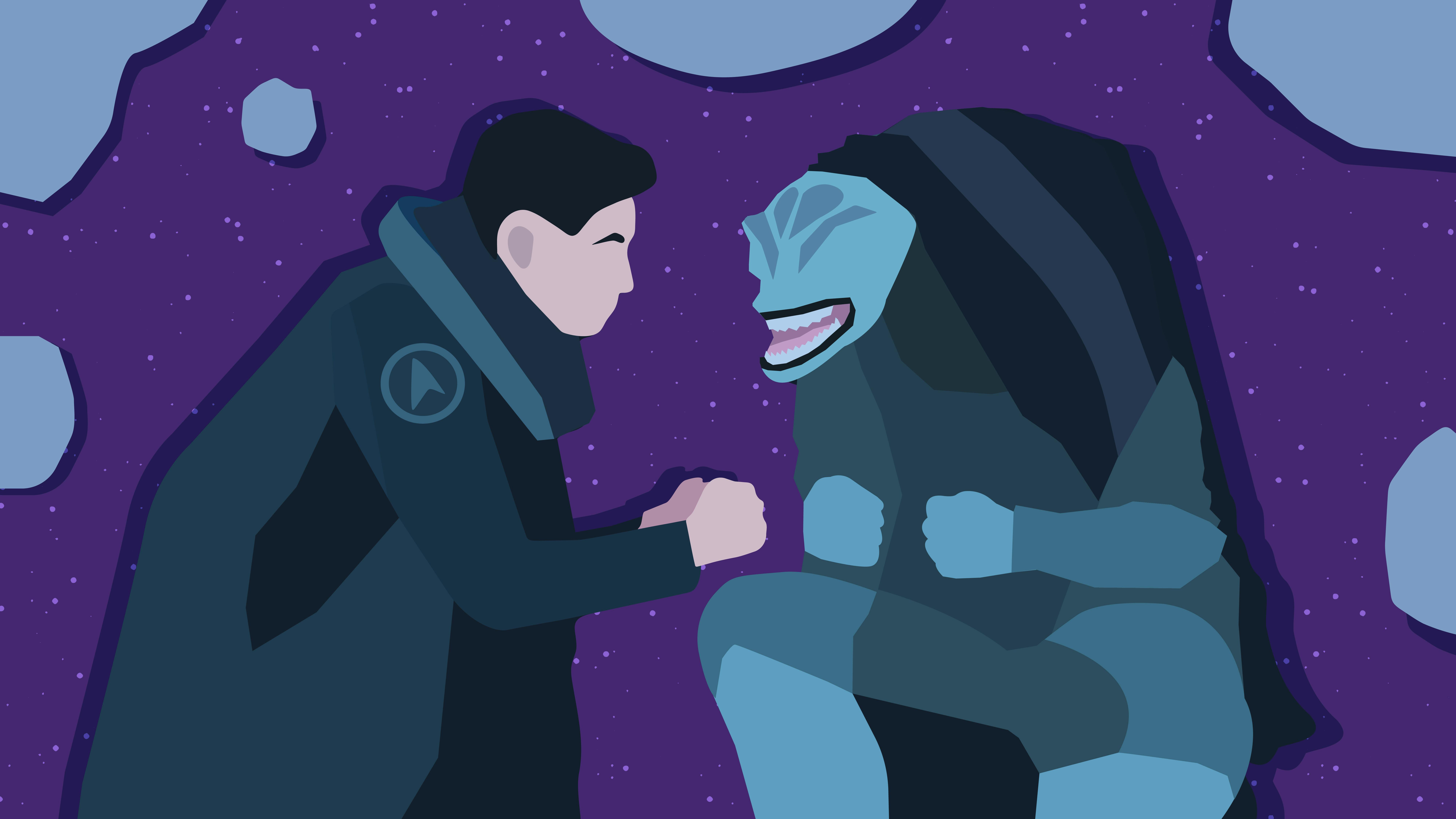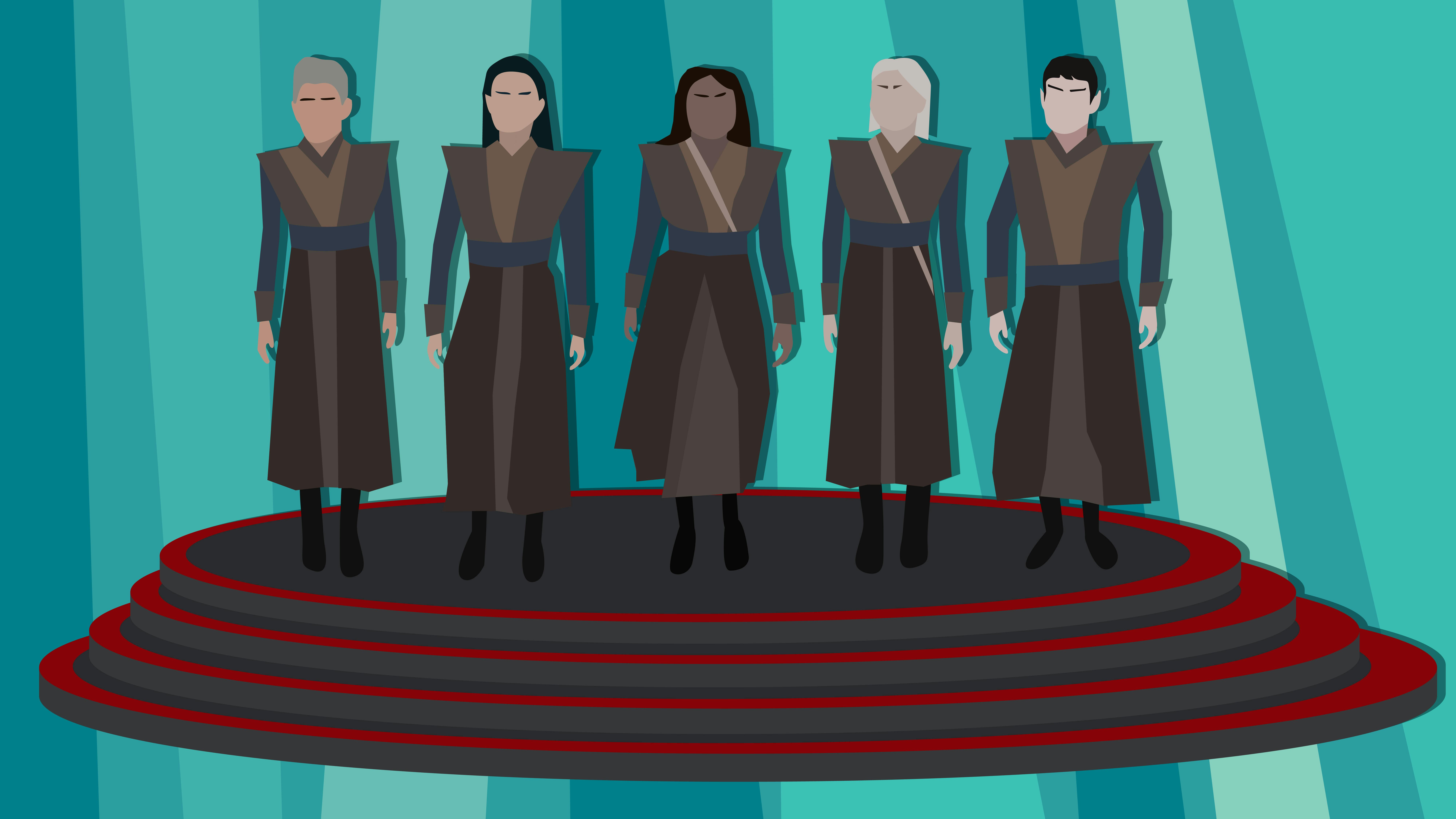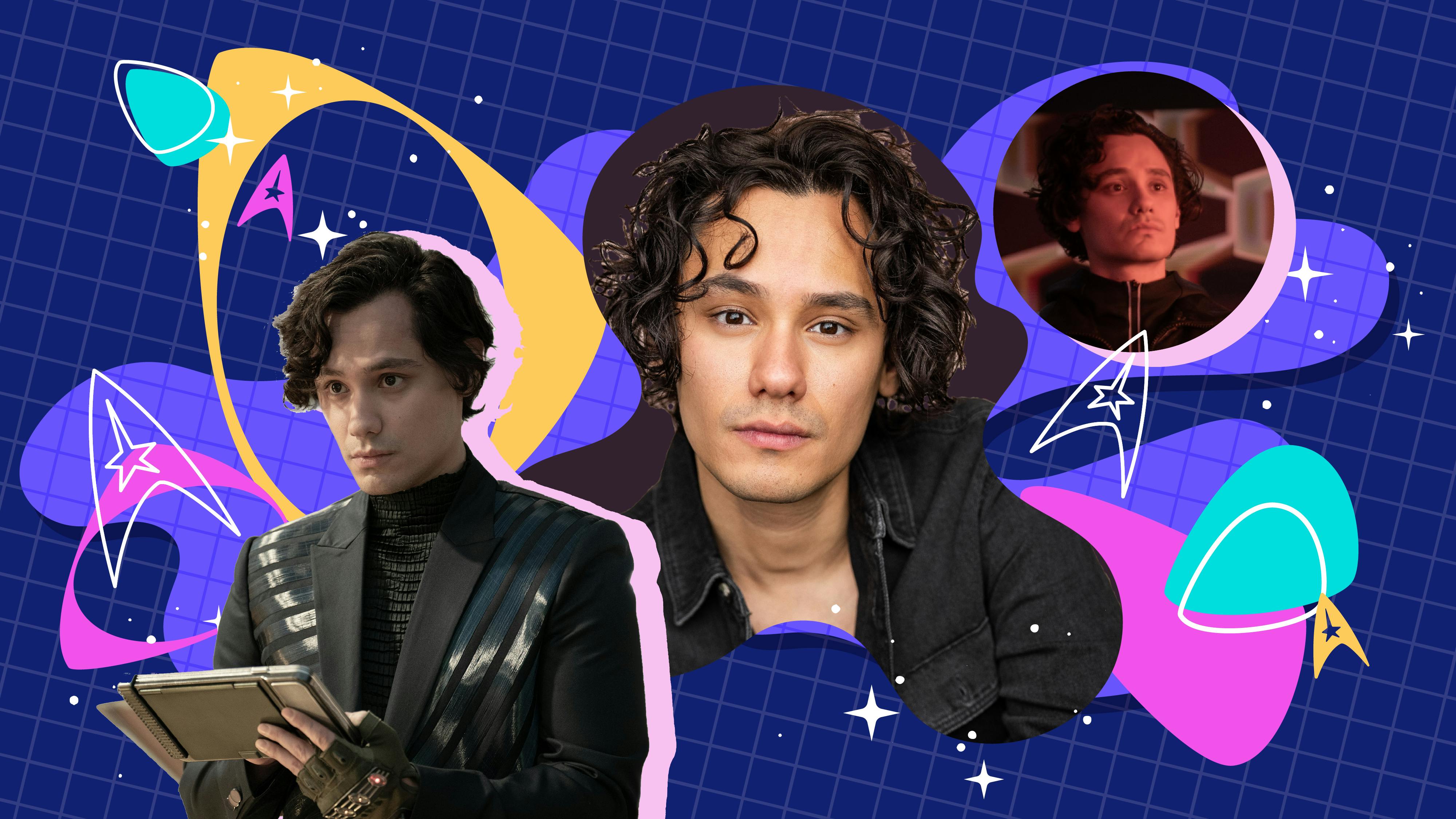Published Mar 28, 2018
Discovery Composer Russo Talks TOS Theme in Season Finale
Discovery Composer Russo Talks TOS Theme in Season Finale
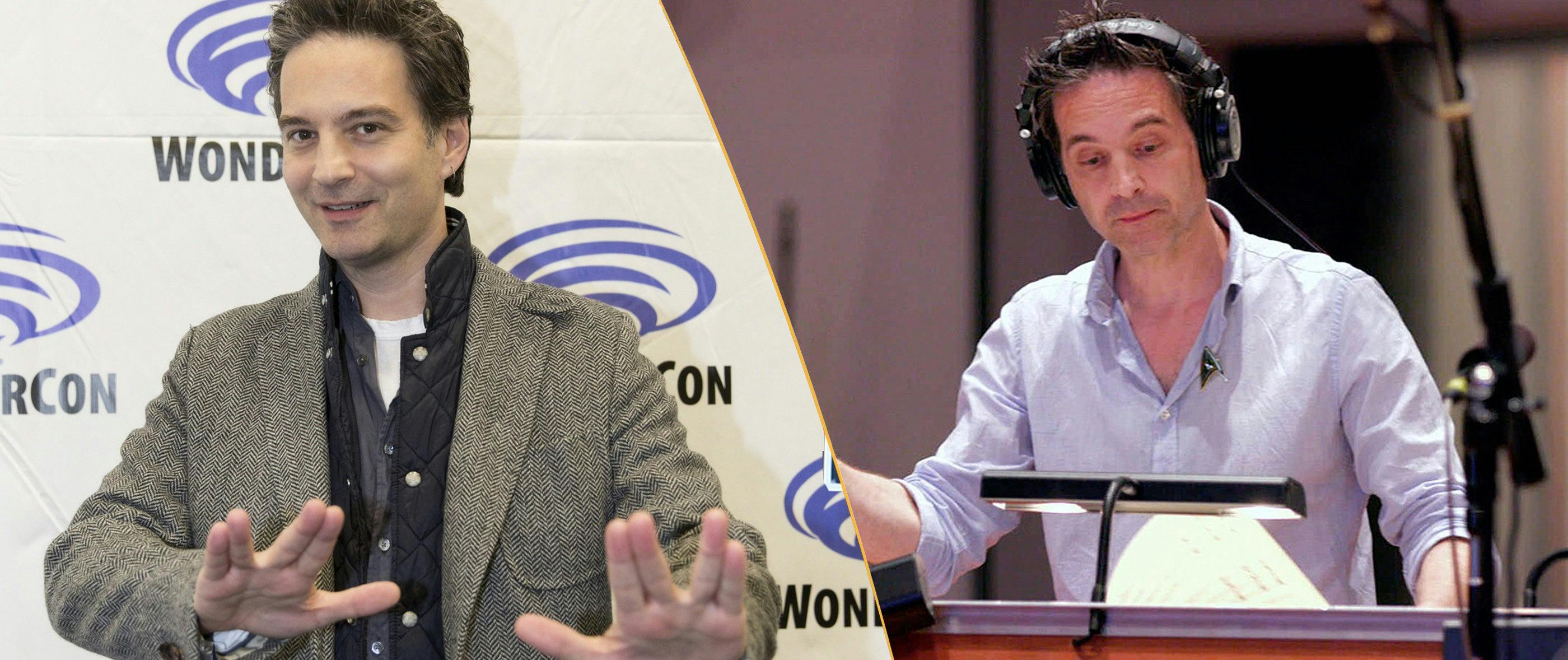
The final seconds of “Will You Take My Hand?,” the Star Trek: Discovery first-season finale, absolutely blew fans away. The U.S.S. Enterprise? Captained by Pike? Crazy-cool as it was, fans took an additional measure of geek glee in what followed it: Alexander Courage’s Star Trek: The Original Series end credits theme. The magic moment came courtesy of Discovery’s composer, Jeff Russo, who – during a sit-down interview last week at WonderCon -- explained how it all came together.
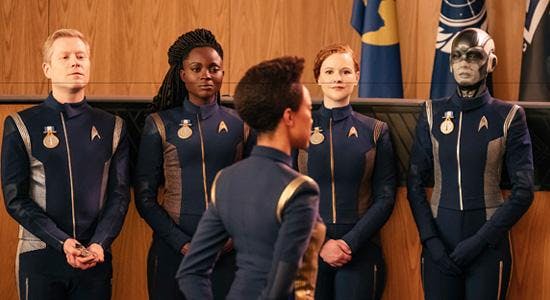
“OK, so there's this big moment before that happens when Burnham is talking to Starfleet,” Russo said excitedly. “That's a really big emotional moment. So, I'm nodding (there) a lot to our Discovery theme. I'm nodding a lot to the feeling of the franchise. I always knew this was going to happen, from when they sent me the script. It was around episode five. I was writing (music for) episode five, and they sent me the script for 15, so I knew what was coming and I knew that I was going to have to do something really impactful.”
What Russo did not anticipate? The impact it’d have on him. “I sat and I was writing the scene beforehand, the Burnham scene, and then I started writing that other scene when you see NCC-1701, and I knew what was coming. I knew what was going to happen, and then the ship comes into frame and I start playing the Courage theme in this piece of music that I'm writing and I started to well up. It was a really bizarre experience. Even though I knew what was happening, I knew what was going to happen, it still made me feel very emotional because, (with) my whole backstory of loving Trek and wanting to be involved in this, it was sort of a big deal.
But that was just the tip of the iceberg. Recording the theme – which he did with a full orchestra in Burbank, California -- proved to be an even bigger deal.
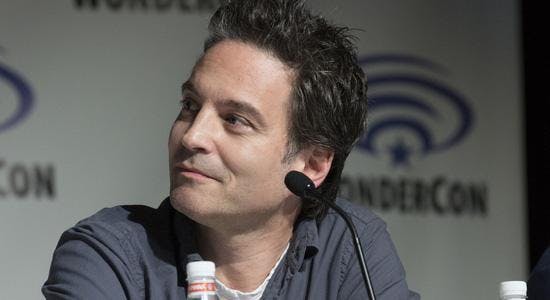
“Everybody in the orchestra… because we were looking up and playing (against footage on a screen), it was really an intense experience,” Russo recounted. “That theme, that particular fanfare, when you hear the first note, you don't even have to hear the second note to know something about the sound of the trumpet playing that particular note. You just know what it is.
“It makes my job very easy in that I can only use it once or twice – ever. It's like, ‘Push that button, and it works.’ It happens. It's pretty incredible.”

